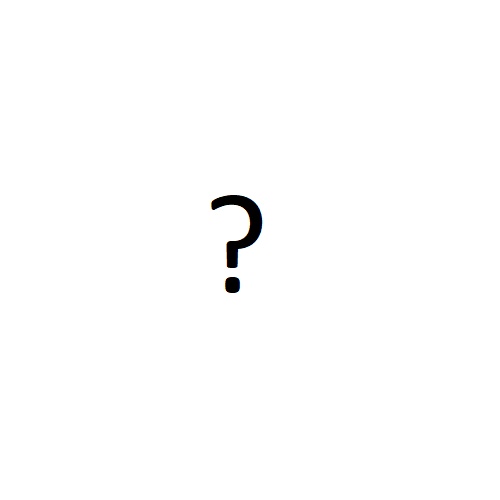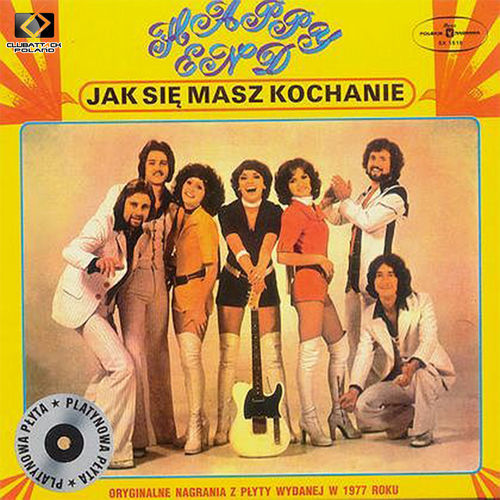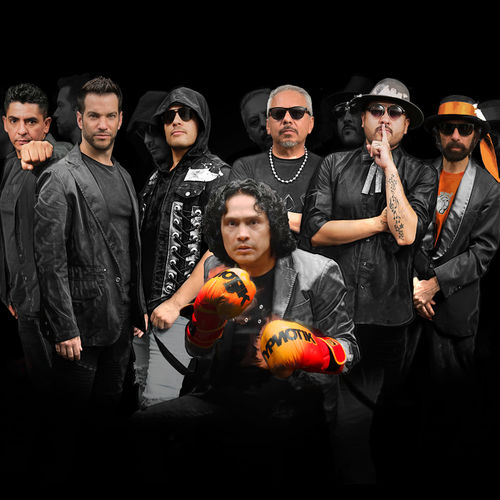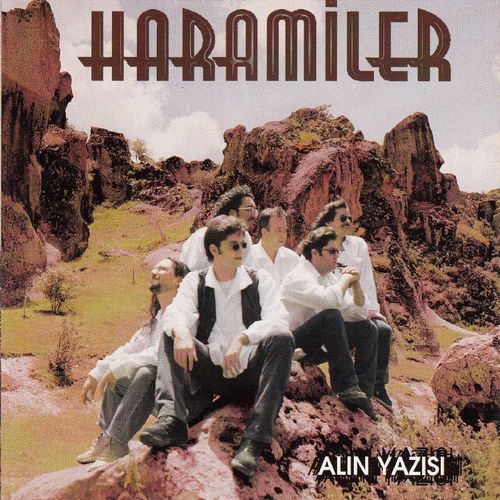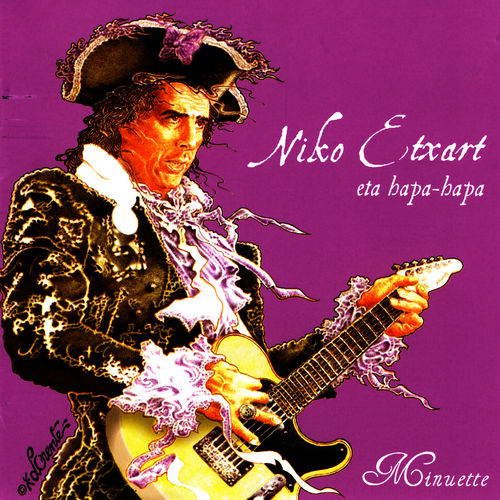
Biography:
Barry Flanagan and Keli'i Ho'omalu Kaneali'i combine to form a lush and harmonic fresh new approach to Hawaiian music. They add the modern touches to the traditional Hawaiian music and have received several awards internationally. "HAPA" is pidgin for "half"--Barry Flannagan is not Hawaiian and Keli'i Ho'omalu Kaneali'i is. In the past they have teamed up with such greats as Steven Stills. Their first album was the top selling Hawaiian music album in the history of Hawaiian music.
Read more on Last.fm

Other songs:
Four years of hard work!This month of May we celebrated four years on the air. We continue working on the dissemination of this wonderful instrument, thank you for participating in our story!
Papa E - HAPA
This is a song originally played by the polynesian band Te Vaka, but I'm using the HAPA
of it. The chord structure is pretty simple and is the same throughout the whole song. I
a little bit of info on how to pronounce some of the words at the bottom as well as an
of what the song means because retaining the meaning of the song from the
perspective, I believe, is important. Anyways, enjoy and hit me up at myspace.com/colinkiley
F Bb F C (F C)
Hihiki mai i faifaiga o te fenua
E he puli au ite olaga masani
He mafai fakapuli ite loto
Ite loto o papa e
Aue ite nuku o papa e
Chorus
Aue aue papa e / Aue papa e
Aue aue papa e / I te nuku o papa e
Oku mokomokoga ke toe fanatu
I mea na e masani ai
Ko kata lava e mua mai
Te kata o papa e
Aue i te nuku o papa e
A song for my father
--------------------
In search of a better way of life, Ope's father left the small island of Fakaofo in Tokelau.
This song is about the feelings, emotions and sadness he experienced as he watched the
palms and shoreline disappear as he sailed away from Tokelau for the first time.
The Language
------------
All the songs on the first album, with the exception of the first and third verse of
Mai', and all the songs on the second album are sung in the language of Tokelau.
There are two dialects in Polynesia, an old one using 'h' and 'wh', and a later one
's' and 'f'. Both dialects were brought to Tokelau but the new dialect never took hold and
islands retained the old one.
This has a rounded and more rhythmic sound making the language of Tokelau very musical.
How this affects the language is in the pronunciation of 's' and 'f' which are
'h' and 'wh' (as in 'where').
Examples of this are 'Siva' which is pronounced 'Hiva', and 'fenua' which is pronounced 'whenua'.
This is a song originally played by the polynesian band Te Vaka, but I'm using the HAPA
of it. The chord structure is pretty simple and is the same throughout the whole song. I
a little bit of info on how to pronounce some of the words at the bottom as well as an
of what the song means because retaining the meaning of the song from the
perspective, I believe, is important. Anyways, enjoy and hit me up at myspace.com/colinkiley
F Bb F C (F C)
Hihiki mai i faifaiga o te fenua
E he puli au ite olaga masani
He mafai fakapuli ite loto
Ite loto o papa e
Aue ite nuku o papa e
Chorus
Aue aue papa e / Aue papa e
Aue aue papa e / I te nuku o papa e
Oku mokomokoga ke toe fanatu
I mea na e masani ai
Ko kata lava e mua mai
Te kata o papa e
Aue i te nuku o papa e
A song for my father
--------------------
In search of a better way of life, Ope's father left the small island of Fakaofo in Tokelau.
This song is about the feelings, emotions and sadness he experienced as he watched the
palms and shoreline disappear as he sailed away from Tokelau for the first time.
The Language
------------
All the songs on the first album, with the exception of the first and third verse of
Mai', and all the songs on the second album are sung in the language of Tokelau.
There are two dialects in Polynesia, an old one using 'h' and 'wh', and a later one
's' and 'f'. Both dialects were brought to Tokelau but the new dialect never took hold and
islands retained the old one.
This has a rounded and more rhythmic sound making the language of Tokelau very musical.
How this affects the language is in the pronunciation of 's' and 'f' which are
'h' and 'wh' (as in 'where').
Examples of this are 'Siva' which is pronounced 'Hiva', and 'fenua' which is pronounced 'whenua'.




